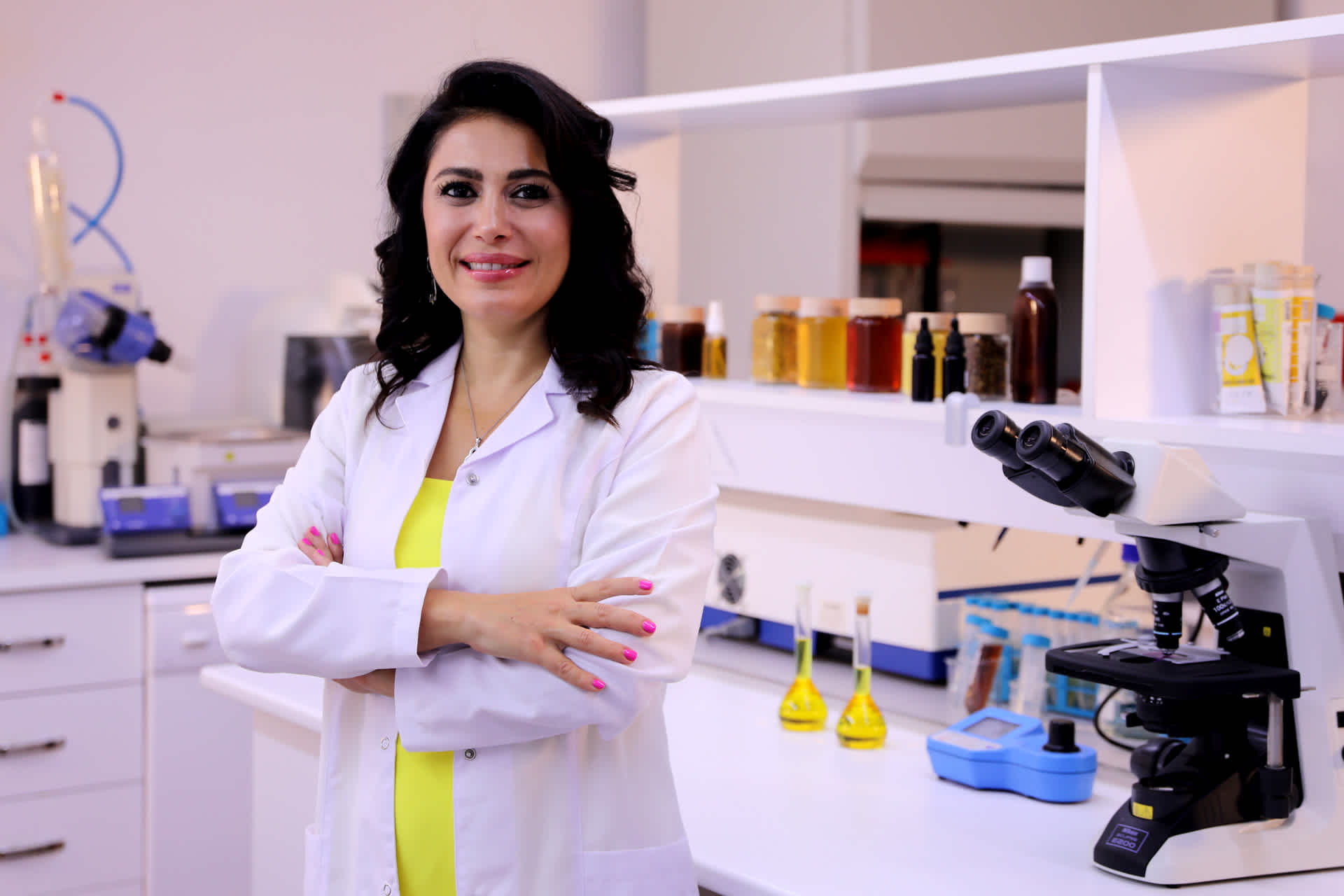The Business of Bees

From the time she was 4 years old, Asli Samanci wanted to be a scientist. This led her to a career in food science. “It combines everything: biology, microbiology, and chemistry all together,” Samanci told Your Hot Job. Her company, Bee & You, creates health products made from propolis, a substance bees produce.
Every day at work for Asli is busy and unique. She thinks about every step of the development process for her honey products. “When you become an entrepreneur, after being a scientist, you’re still a scientist,” she says.
Making her honey-based products follows a scientific process. First comes the research and development. Then the company does clinical studies to see how the products might work. This is unlike other companies, which might make a product first and then test it. All Bee & You products are “backed by science,” Samanci says.
Samanci was inspired by her son to start her company. When he was a young child, he was frequently sick. A doctor recommended propolis, which can fight bacteria. But Samanci wasn’t satisfied with the products she found on the market. So she decided to work directly with a beekeeper to create the product her son needed.
Samanci still works with beekeepers, providing her products to a larger consumer base and doing it sustainably. Within 10 years, her beekeeping partners have gone from managing about 50 hives to managing 300 or 400 hives. “As they develop, they look after more bees,” Samanci says. “This means we are increasing the number of bees in the world. And that’s good for nature, because 80% of all plants are pollinated by bees.”
Being able to contribute to nature’s well-being is “a win-win business model” for Samanci. And she advises all entrepreneurs and scientists to find that balance. “Combine sustainability and innovation. Be good to yourself. Be good to nature. That’s how life should go on.”
For those aspiring to a career in science, Samanci has these tips:
Think about going into food and agricultural science. “We need more food scientists and agricultural scientists. We have to beget something from nature for us, and we have to do this in a sustainable way. Otherwise, nature will not give us any more.”
Look for solutions to big problems. “Natural supplements were very important during the pandemic. A lot of people made use of them, including new products, like propolis, which is good at fighting infections. Natural supplements will continue being very important in the future, as well.”
Always consider sustainability, and conserve resources: “In the future, we will have less water and less good-quality soil. So in agricultural innovation, finding ways to use less water and less soil, but still [produce] good-quality, sustainable products, will be an area of growth.”

